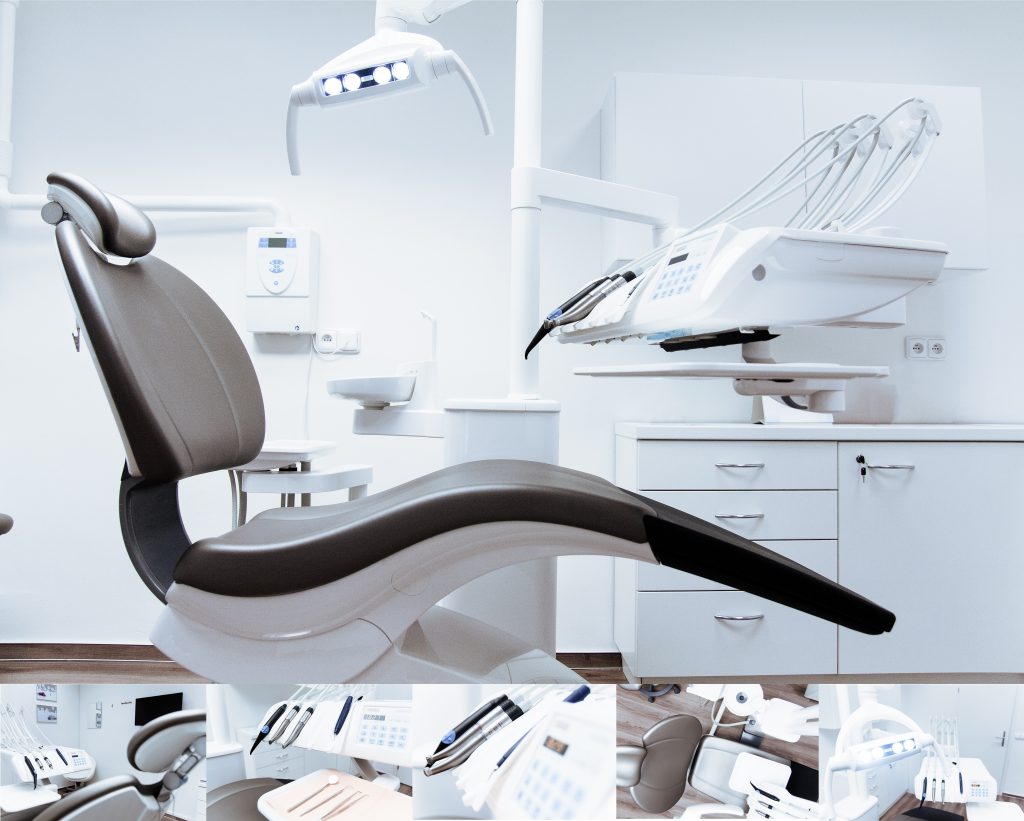
As the healthcare industry continues to evolve, medical equipment and technology are rapidly advancing. With new technologies emerging every year, healthcare providers must stay up-to-date with the latest advancements to provide the best possible care for their patients. In this article, we will explore some of the most innovative technologies in medical equipment and how they are changing the face of healthcare.
AI and machine learning are two of the most exciting and rapidly advancing technologies in healthcare today. These technologies have the potential to revolutionize the way medical professionals diagnose and treat patients.
AI is being used to improve the accuracy and speed of medical diagnoses. For example, AI algorithms can analyze medical images and detect abnormalities that may not be visible to the naked eye. This technology can help doctors diagnose conditions such as cancer, heart disease, and neurological disorders much earlier, leading to better patient outcomes.
Machine learning algorithms are being used to develop personalized treatment plans for patients. These algorithms can analyze large amounts of data, including medical history, genetic information, and lifestyle factors, to identify the most effective treatments for each patient. This approach can improve patient outcomes and reduce healthcare costs.
Virtual and augmented reality technologies are being used to enhance medical training and education, as well as to improve patient outcomes.
Medical students and professionals can use virtual reality simulations to practice procedures and surgeries in a safe and controlled environment. This technology allows students to gain hands-on experience without putting patients at risk.
Virtual and augmented reality can also be used to improve patient outcomes. For example, VR technology can be used to distract patients during painful procedures, reducing their perception of pain and anxiety. Similarly, AR technology can be used to help doctors visualize medical images and data during surgery, improving their accuracy and precision.
Wearable technology is becoming increasingly popular in healthcare, allowing patients to monitor their health and communicate with their doctors more easily.
Wearable devices such as fitness trackers, smartwatches, and heart rate monitors can provide real-time data on a patient’s health. This information can be used to monitor chronic conditions, track recovery from injuries or surgeries, and identify potential health risks before they become serious.
Wearable technology can also be used for remote patient monitoring, allowing doctors to keep an eye on their patients’ health from a distance. This technology can be particularly useful for patients with chronic conditions who require regular monitoring and care.
Robotics technology is being used to enhance surgical procedures and improve patient outcomes.
Robotic surgical systems can perform complex surgeries with greater precision and accuracy than traditional surgical methods. These systems can also reduce the risk of complications, minimize scarring, and improve patient recovery times.
Robotic technology can also be used to assist with patient rehabilitation. For example, exoskeletons can help patients with spinal cord injuries or other mobility impairments regain their ability to walk.
As medical technology continues to advance, healthcare providers must stay up-to-date with the latest advancements to provide the best possible care for their patients. From artificial intelligence and machine learning to virtual and augmented reality, wearable technology, and robotics, these new technologies are changing the face of healthcare and improving patient outcomes.
Post Tags :
Share :
Copyright © 2024 ParieEms Medical Equipment